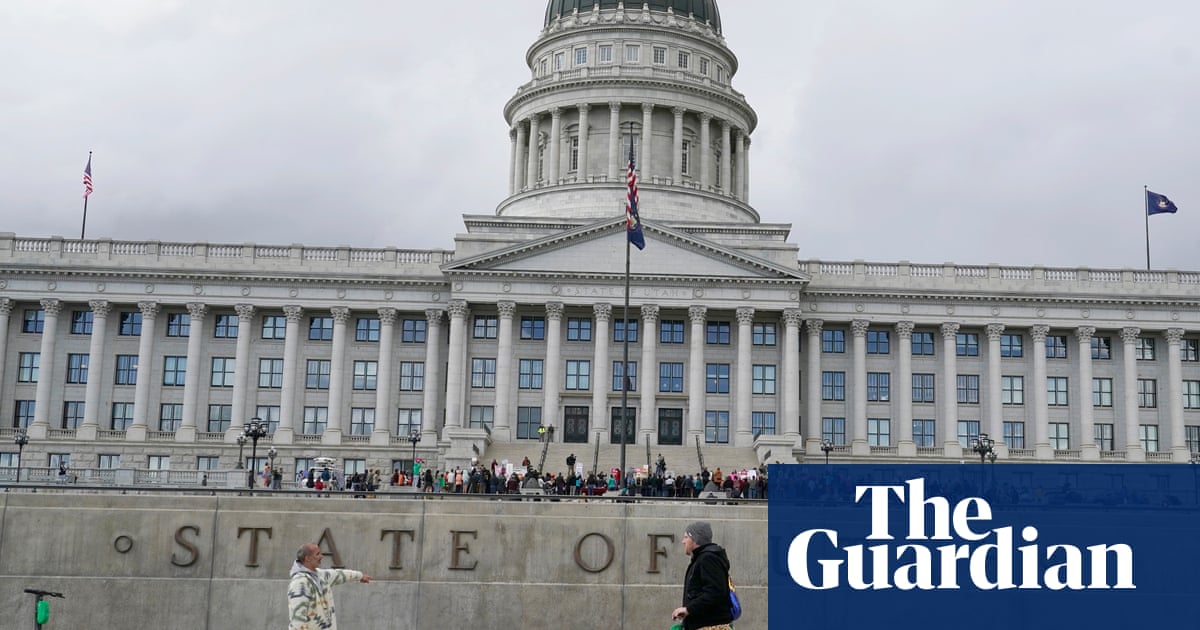TheUtahcourt of appeals has sanctioned a lawyer after he was discovered to have usedChatGPTfor a filing he made in which he referenced a nonexistent court case.
Earlier this week, theUtahcourt of appeals made the decision to sanction Richard Bednar over claims that he filed a brief which included false citations.
According to court documents reviewedby ABC4, Bednar and Douglas Durbano, another Utah-based lawyer who was serving as the petitioner’s counsel, filed a “timely petition for interlocutory appeal”.
Upon reviewing the brief which was written by a law clerk, the respondent’s counsel found several false citations of cases.
“It appears that at least some portions of the Petition may be AI-generated, including citations and even quotations to at least one case that does not appear to exist in any legal database (and could only be found inChatGPTand references to cases that are wholly unrelated to the referenced subject matter,” the respondent’s counsel said in documents reviewed by ABC4.
The outlet reports that the brief referenced a case titled “Royer v Nelson”, which did not exist in any legal database.
Following the discovery of the false citations, Bednar “acknowledged ‘the errors contained in the petition’ and apologized”, according to a document from the Utah court of appeals, ABC4 reports. It went on to add that during a hearing in April, Bednar and his attorney “acknowledged that the petition contained fabricated legal authority, which was obtained from ChatGPT, and they accepted responsibility for the contents of the petition”.
According to Bednar and his attorney, an “unlicensed law clerk” wrote up the brief and Bednar did not “independently check the accuracy” before he made the filing. ABC4 further reports that Durbano was not involved in the creation of the petition and the law clerk responsible for the filing was a law school graduate who was terminated from the law firm.
The outlet added that Bednar offered to pay any related attorney fees to “make amends”.
In a statement reported by ABC4, the Utah court of appeals said: “We agree that the use of AI in the preparation of pleadings is a legal research tool that will continue to evolve with advances in technology. However, we emphasize that every attorney has an ongoing duty to review and ensure the accuracy of their court filings. In the present case, petitioner’s counsel fell short of their gatekeeping responsibilities as members of the Utah State Bar when they submitted a petition that contained fake precedent generated by ChatGPT.”
As a result of the false citations, ABC4 reports that Bednar was ordered to pay the respondent’s attorney fees for the petition and hearing, refund fees to their client for the time used to prepare the filing and attend the feeling, as well as donate $1,000 to the Utah-based legal non-profit And Justice for All.
